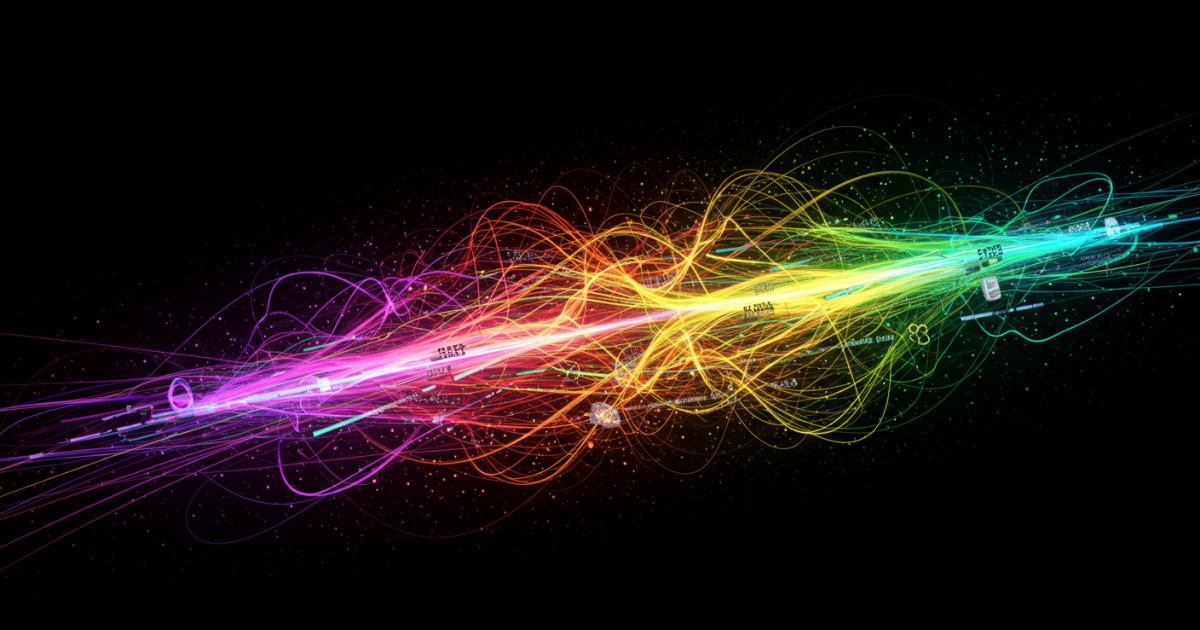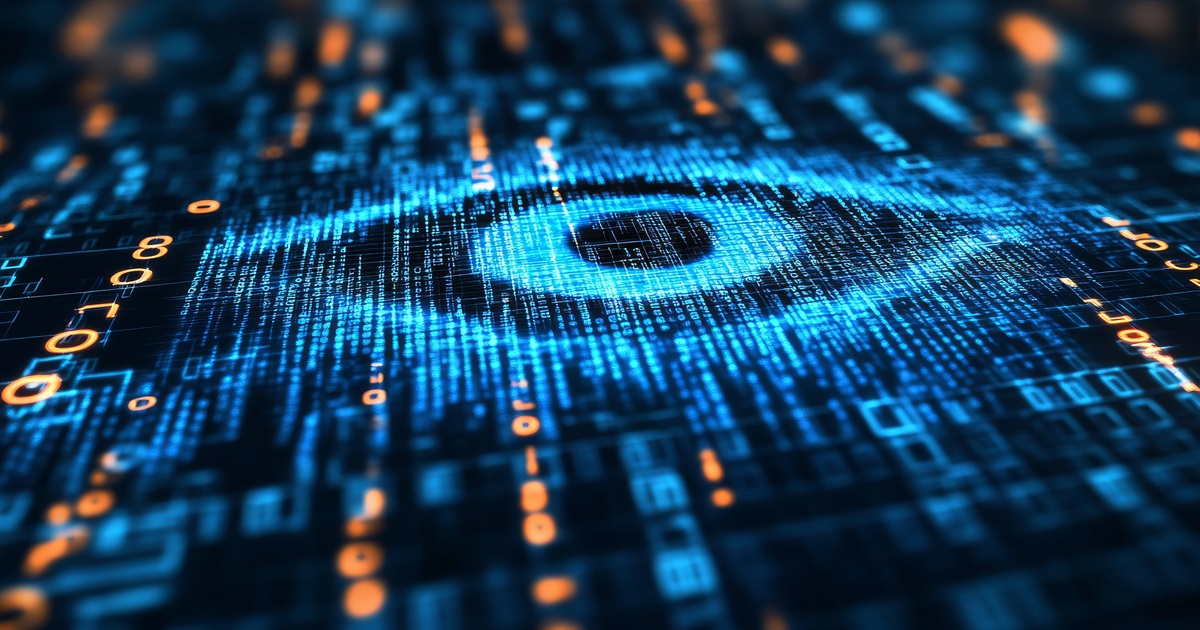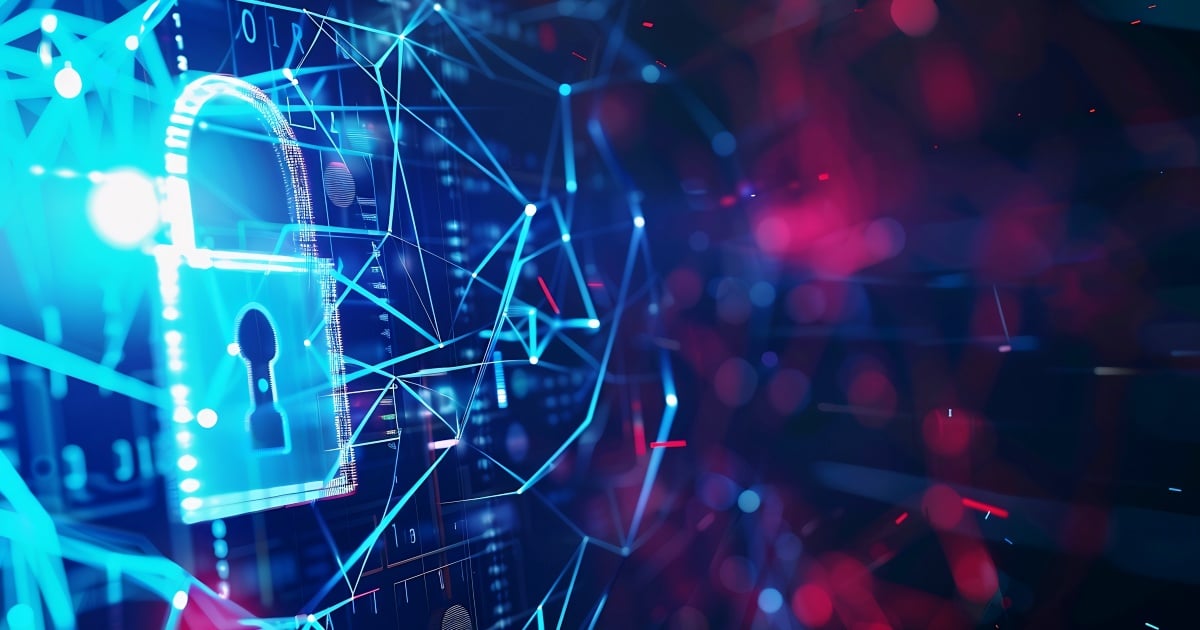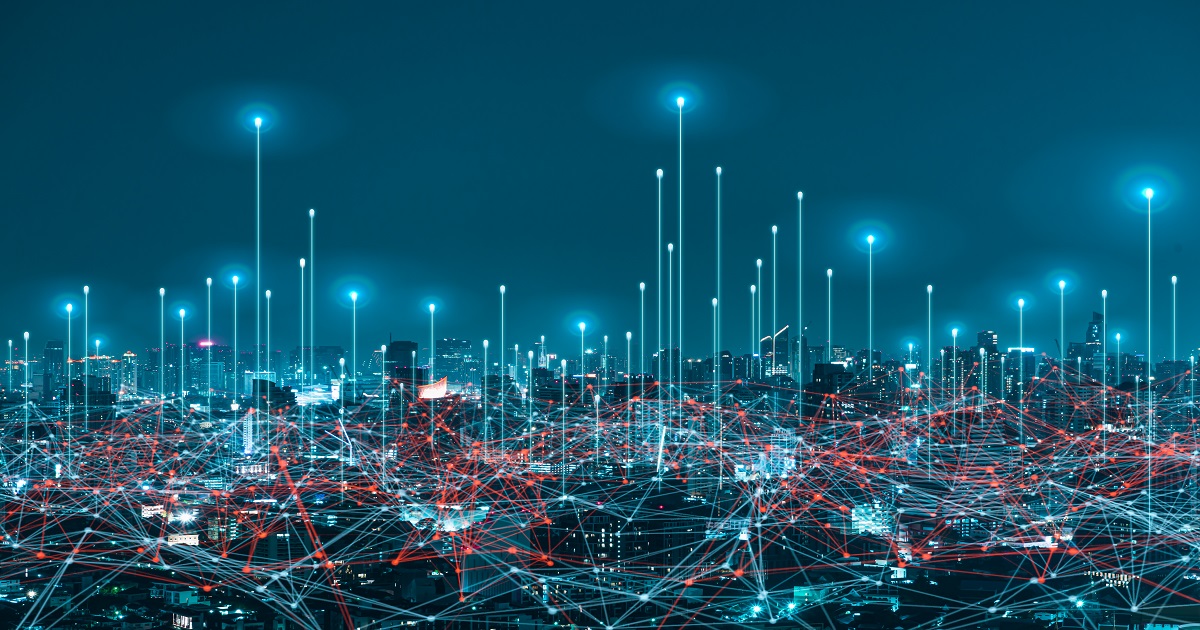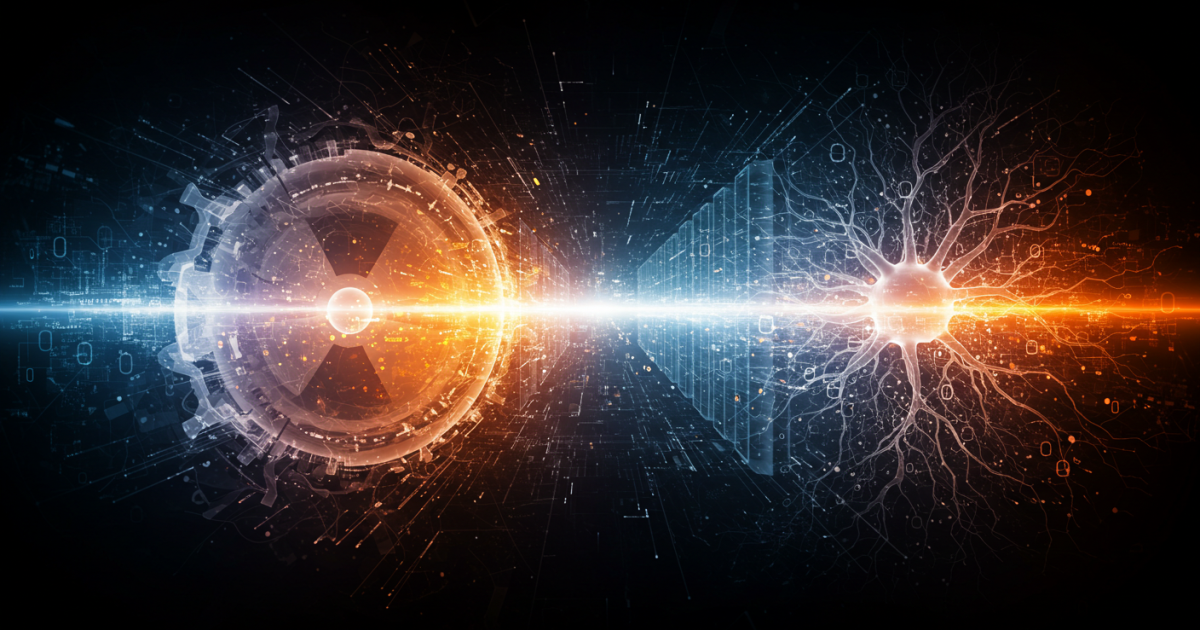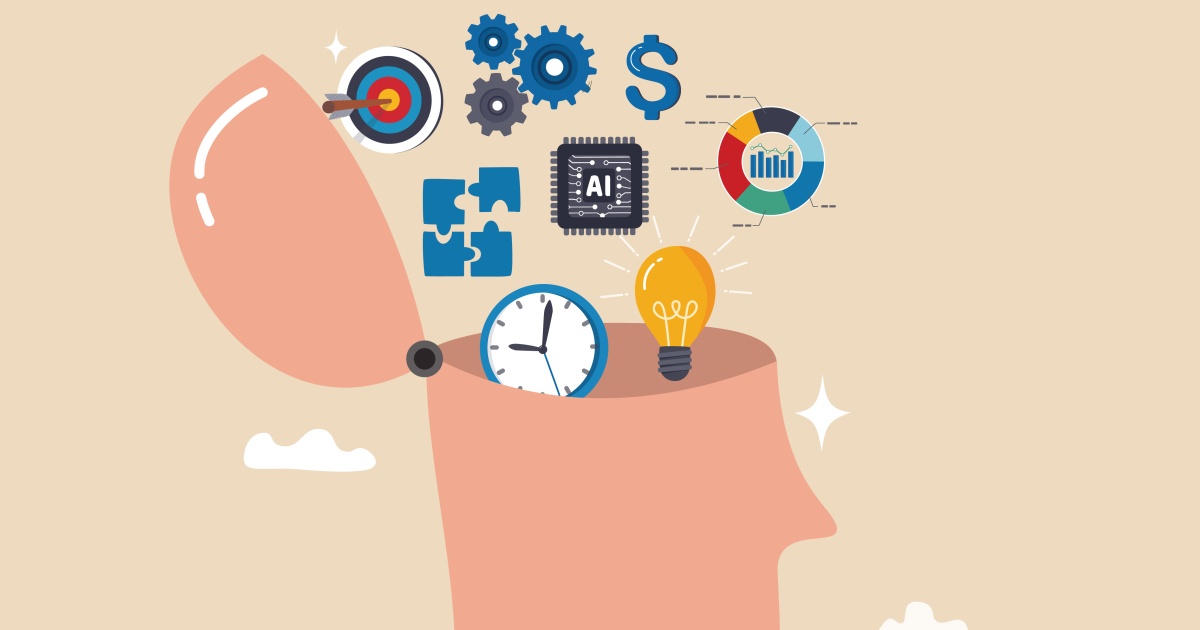
My brain is full of analogies regarding technology; here's what I have today:
Let's say my doctor is like AI. He believes that my weight may one day kill me. I say "Okay" and ask for specifics. If he can’t give me an immediate answer regarding my unique case, he might refer to other individuals with similar traits, obesity-wise. That would inform his decisioning; he can refer to past studies and other clinicians' efforts to advise how medicine and exercise can help. Hopefully, I'll be alright.
Back to the point, in terms of tech. AI uses the past (and data points therein) to forecast the future. Certainly, a valuable lesson can be found in these valuable data lakes that are rife with information. Through the digesting of present-day info, informed forecasts become far more functional. The present becomes predictable, and data archives becomes actionable.
Of course, it's through the established fabric of the Internet of Things that modern AI digests the present and prescribes for the future.
So, it’s high time that we more closely link AI to IoT.
It immediately improves;
- The Cost of Storage – Relevant data lakes are much smaller than an entire ocean of historical data, so to speak. ("relevant data" i.e. historically pertinent data that can point to key trends and lead to stronger predictions)
- The Replication of Human Effort – Regular tasks such as data logging (when automated) can be recorded more often and more consistently, reducing the mundane efforts of walk-arounds and tedious data entry.
- Expanded Intelligence – With responsible, well-trained AI, its objectives become exceptionally focused. What follows is AI-powered assistance that can exceed traditional analyses done by humans. For example, lets say a human team member spots an anomaly in a data log and knows undesirable outcomes will be reached when [X] data hits [Y] or [Z] mark. Maybe this person caught it in time; maybe, they didn't and it's past the point of no return, leading to undue downtime, outages, financial losses, reputational damages, etc. But with AI, the data can be caught early and any anomalies can be taken care of. (e.g. predictive monitoring and maintenance in IoT/IIoT)
- Forecasting – Manually logging data and then using it to inform future action isn't always the liveliest task. It can take a lot. But with AI, logging crucial data (especially in IoT) can enable management to pay closer attention to what's being logged in order to determine necessary equipment replacements, determining specific budgeting decisions, protecting worker safety and much more.
So, the bottom line?
We believe the automation from IoT is a feeder system for AI to truly become more effective.
And hey, we will be talking about this quite a bit at our upcoming IoT Evolution Expo. Please join us!
Learn more about the ever-evolving Internet of Things IoT Evolution Expo 2025! This will be taking place from February 11-13, 2025, in Fort Lauderdale, Florida. Part of the #TECHSUPERSHOW experience, this event combines conference programming with a robust exhibit hall, networking events and other activities, promoting educated togetherness between buyers and providers of business technology products and services that are huge for the Industrial Internet of Things.
Edited by
Alex Passett

